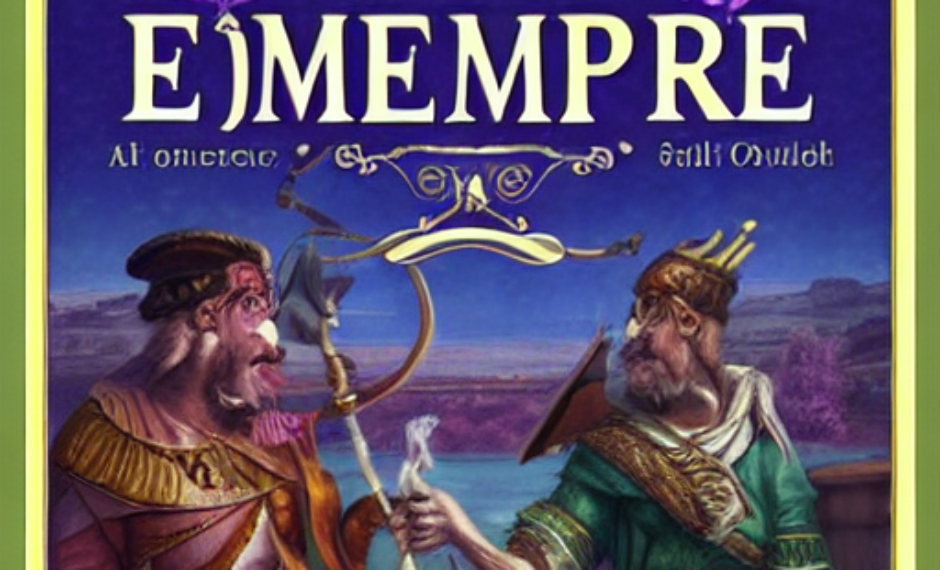One afternoon in the spring of 2006, for reasons unknown to those who knew him, Mitchell Henderson, a seventh grader from Rochester, Minn., took a .22-caliber rifle down from a shelf in his parents’ bedroom closet and shot himself in the head. The next morning, Mitchell’s school assembled in the gym to begin mourning. His classmates created a virtual memorial on MySpace and garlanded it with remembrances. One wrote that Mitchell was “an hero to take that shot, to leave us all behind. God do we wish we could take it back. . . . ” Someone e-mailed a clipping of Mitchell’s newspaper obituary to MyDeathSpace.com, a Web site that links to the MySpace pages of the dead. From MyDeathSpace, Mitchell’s page came to the attention of an Internet message board known as /b/ and the “trolls,” as they have come to be called, who dwell there.
/b/ is the designated “random” board of 4chan.org, a group of message boards that draws more than 200 million page views a month. A post consists of an image and a few lines of text. Almost everyone posts as “anonymous.” In effect, this makes /b/ a panopticon in reverse — nobody can see anybody, and everybody can claim to speak from the center. The anonymous denizens of 4chan’s other boards — devoted to travel, fitness and several genres of pornography — refer to the /b/-dwellers as “/b/tards.”
Measured in terms of depravity, insularity and traffic-driven turnover, the culture of /b/ has little precedent. /b/ reads like the inside of a high-school bathroom stall, or an obscene telephone party line, or a blog with no posts and all comments filled with slang that you are too old to understand.

Amazing article. Very detailed and informative. Also, very interesting in how it details the logical progression of certain things we run across online.